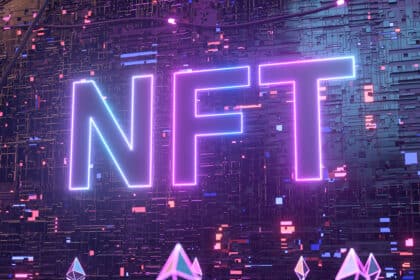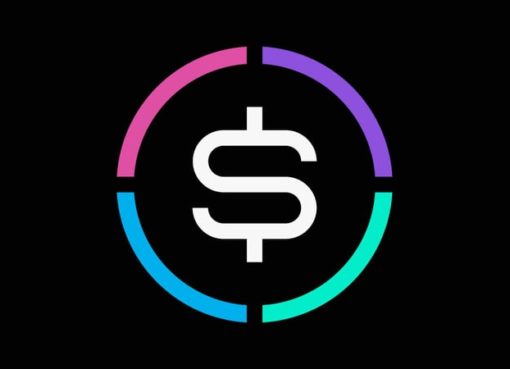Debates over crypto regulation reached a boiling point this week as House Democrats and Republicans held rival roundtables, each offering sharply different views on how—and whether—to regulate digital assets. The split was catalyzed by growing concerns around former President Donald Trump’s deepening involvement in the crypto industry, just months into his latest presidential term.
While Republicans focused on legislative progress and bipartisan proposals, Democrats, led by Rep. Maxine Waters (D-Calif.), condemned Trump’s personal crypto ventures and alleged conflicts of interest.
Democrats Slam “Crypto Corruption” Linked to Trump
During the Democratic roundtable, Waters labeled Trump’s digital asset dealings as blatant crypto corruption, accusing Republicans of enabling what she described as a coordinated effort by the Trump family to profit from an unregulated market. Trump’s affiliated company, World Liberty Financial, has already launched a stablecoin, and his family introduced a series of memecoins earlier this year.
“I am deeply concerned that Republicans aren’t just ignoring Trump’s corruption—they are legitimizing it,” said Waters. Her remarks come amid rising alarm over the former president’s sway over federal agencies that oversee cryptocurrency enforcement.
Other Democrats, including Reps. Sean Casten (D-Ill.) and Sylvia Garcia (D-Texas), echoed these sentiments, arguing that while they are subject to strict ethics rules, Trump appears to bypass such accountability. “They can parade around, and we can’t even be in a local parade,” Garcia noted in frustration.
Republican Focus: Frameworks and Bipartisan Progress
On the other side of the aisle, House Republicans continued with their own crypto regulation roundtable, emphasizing legislative initiatives such as FIT 21—a market structure bill previously backed by 71 Democrats. Rep. French Hill (R-Ark.) framed the roundtable as part of a constructive process to build a modern regulatory regime for digital assets.
“We’re approaching it in a fresh way,” Hill said. “To my friends on the other side of the aisle, our doors are always open.”
Rep. Angie Craig (D-Minn.), one of the few Democrats who remained in the Republican-led meeting, said, “Crypto isn’t going away. We have a responsibility to be part of the solution.”
The Republican side also discussed a new draft bill released Monday, which proposes clearer roles for the Commodity Futures Trading Commission (CFTC) and the Securities and Exchange Commission (SEC), alongside enhanced disclosure requirements.
Bridging the Divide on Crypto Oversight
One notable point of agreement emerged from former CFTC Chair Timothy Massad, who joined the Democrats’ roundtable. Massad proposed a collaborative approach, urging Congress to create a self-regulatory organization jointly overseen by the SEC and CFTC. He described it as a pragmatic way to impose order on the crypto space without overhauling securities laws.
“It brings those two agencies together, which I think is very important,” said Massad. Waters tentatively agreed that finding a regulatory middle ground was possible—but made clear that Trump’s conduct remained her main concern.
Crypto Spats Move to Social Media
As if the divide on Capitol Hill weren’t deep enough, the official X (formerly Twitter) accounts for the House Financial Services and Agriculture Committees began trading insults. When Republicans posted, “While @RepMaxineWaters rushed out the door, adults remain in the room,” Democrats snapped back, calling the GOP “too scared to stand up to a President breaking the law.”
The exchanges got more personal when Republicans posted footage of Waters blowing a kiss to now-convicted FTX founder Sam Bankman-Fried. Democrats retaliated with a reminder: “Meanwhile, the leader of your party is a twice-impeached, convicted felon. Try again.”
Why Crypto Regulation Is More Urgent Than Ever
The ongoing drama underscores a critical reality: crypto regulation is no longer a partisan curiosity—it’s a national priority. With figures like Donald Trump actively shaping the digital asset market, the stakes have never been higher. Whether through stablecoin oversight, conflict-of-interest safeguards, or bipartisan rulemaking, lawmakers are under increasing pressure to deliver meaningful reform. The only question is whether the politics of personality will derail that mission.
Featured Image: depositphotos @ zoomteam




